Why is colorectal cancer rising among young adults?
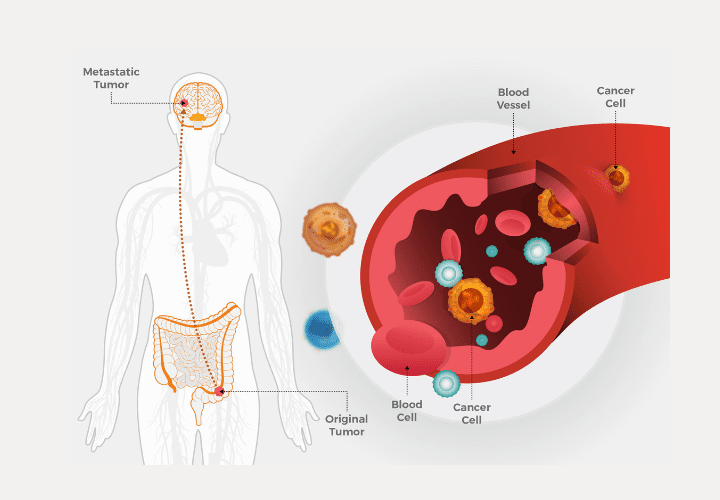
Why is colorectal cancer rising among young adults?
- onco
- March 15, 2023
Colorectal cancer is also known as rectal cancer or colon cancer, and it begins in the colon or rectum. It typically starts as small growths on the inner lining of the colon or rectum, known as polyps. It is considered that this disease mainly occurs in older people, but since the 1990s, it has been more commonly diagnosed in young adults. This type of cancer is the leading cause of cancer-related deaths in the world. To prevent cancer, it is important to find and remove polyps. It is crucial that young adults are aware of the signs of colon cancer and start noticing changes in their stool. The researchers have found that the rates of colorectal cancer are increasing due to many factors, such as obesity, poor diet, sedentary behavior, and also due to environmental factors. In colorectal cancer awareness month, Oncoplus hospital wants to educate young adults about this type of cancer. In this blog, you will learn the reasons for the rise in colorectal cancer among young adults.
Symptoms of colorectal cancer:
Generally, colorectal cancer is difficult to detect. But when the cancer grows and spreads, it causes a range of symptoms. Here are some of the most common symptoms of colorectal cancer, as follows:
- Changes in bowel habits
The earliest symptoms of colorectal cancer are changes in bowel habits. This includes constipation, diarrhea, or the feeling that the bowel does not completely empty after a bowel movement.
- Blood in the stool
Blood in the stool is a symptom of colorectal cancer. It might be bright red or dark in color.
- Abdominal pain:
Colorectal cancer causes abdominal pain in the patient’s body that does not go away and gets worse over time. The pain may be accompanied by bloating or a feeling of fullness in the abdomen.
- Weakness and fatigue:
When the colorectal cancer spreads in the patient’s body, it causes weakness and fatigue in the patient’s body.
- Unexplained weight loss:
Unexplained weight loss is also a symptom of colorectal cancer, which may occur due to a loss of appetite or because the patient’s body cannot absorb nutrients.
- Nausea and vomiting:
Cancer effects the digestive system, which results in nausea and vomiting in the patient’s body.
Colorectal cancer is treatable if caught early, so it is important to seek medical attention if you are experiencing any of these symptoms.
Risk Factors for Colorectal Cancer:
The factors that increase the risk of colorectal cancer include older age, a personal history of colon cancer, inflammatory intestinal diseases, a low-fiber and high-fat diet, diabetes, obesity, smoking, alcohol, and also the gene mutations that are passed down through generations, etc.
Colorectal cancer is becoming more common in young adults for the following reasons:
- Changes in Diet and Lifestyle
The most significant factor that contributes to the rise in colorectal cancer among young adults is changes in diet and lifestyle. Today, young adults eat a diet that includes processed foods, red meat, and a diet that is rich in sugar, etc. All these factors increase the risk of colorectal cancer.
- Obesity and Sedentary Behavior:
Normally, young adults engage themselves in sedentary behavior, meaning they do low levels of physical activity and become obese. Hence, both obesity and sedentary behavior increase the risk of colorectal cancer.
- Delayed Screening:
Another possible factor contributing to the rapid rise in colorectal cancer among young adults is delayed screening. If there are symptoms of cancer in young adults and they delayed their screening test, then this is a major reason for developing colorectal cancer.
- Changes in the Microbiome
The microbiome is basically the collection of microorganisms that live in and on the human body. Many researchers have suggested that changes in the microbiome result in the development of colorectal cancer.
- Environmental Factors
Environmental factors such as pollution and exposure to toxins may also contribute to the rise in colorectal cancer among young adults. Today, young adults are exposed to environmental toxins that were not present in previous generations, which results in the development of colorectal cancer.
The treatment for colorectal cancer involves surgery and a combination of chemotherapy and radiation therapy to remove the cancerous tissue from the patient’s body. Early detection is the key to successful treatment, which is why routine screenings are recommended for young adults. Oncoplus Hospital is the renowned cancer hospital in Delhi that is educating you about colorectal cancer during this awareness month.
Recent Posts
-
Managing Pregnancy with Chronic Lymphocytic Leukemia
April 30, 2024
-
Signs of Stomach Cancer: Diagnosis and Treatment
April 18, 2024
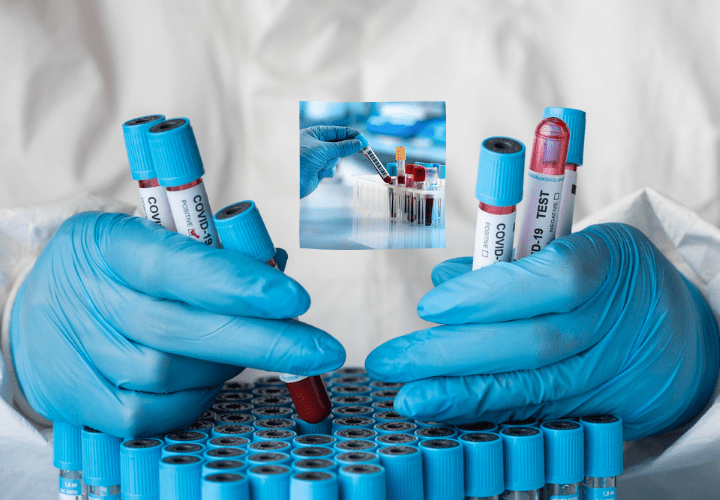
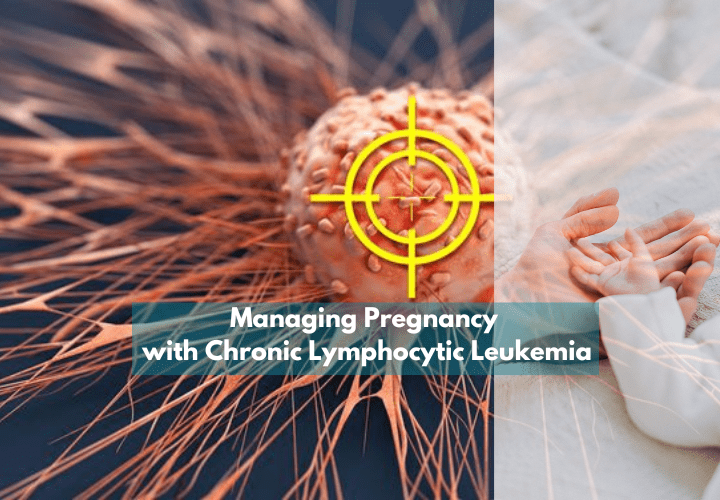
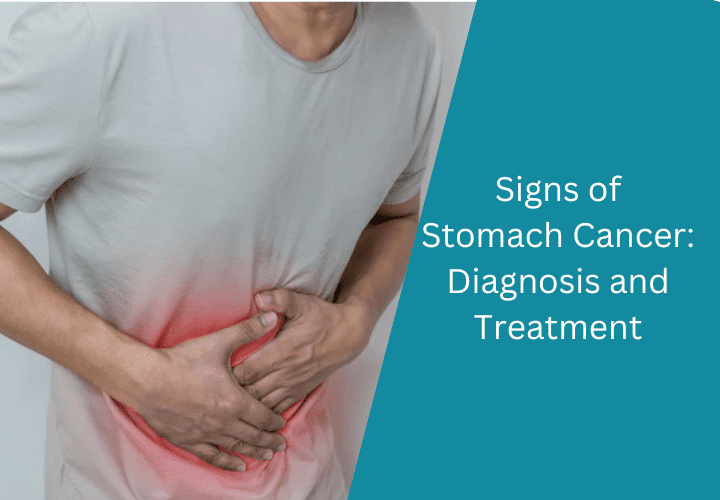
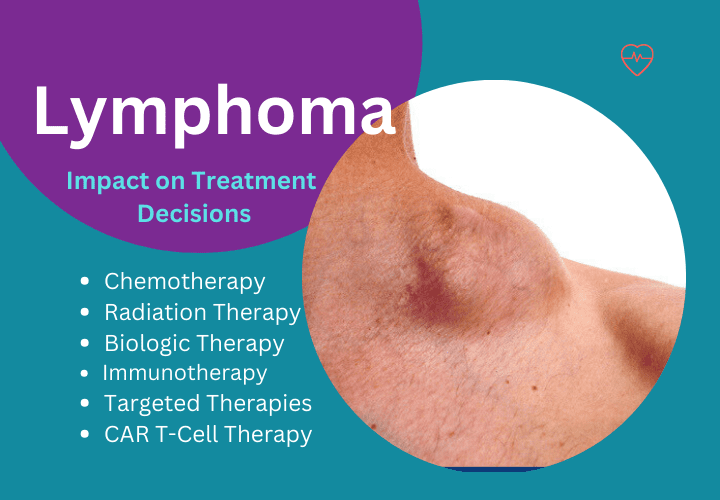

Leave a Reply